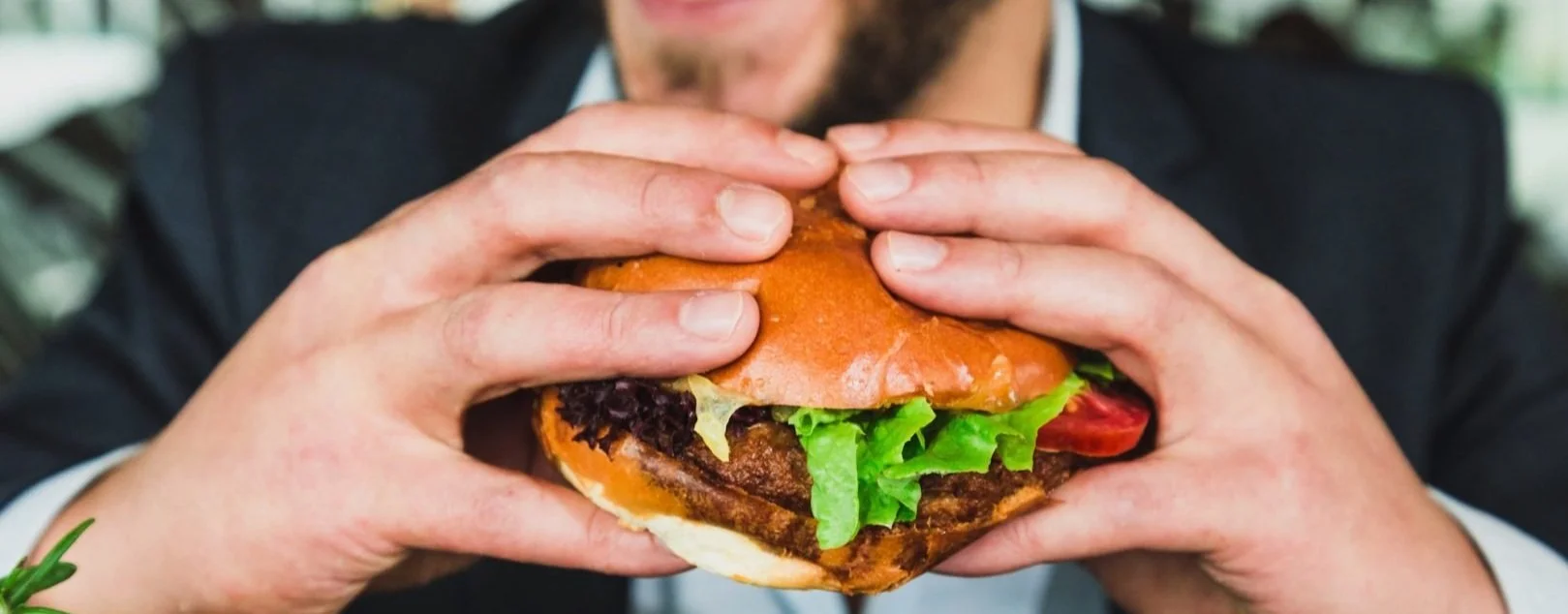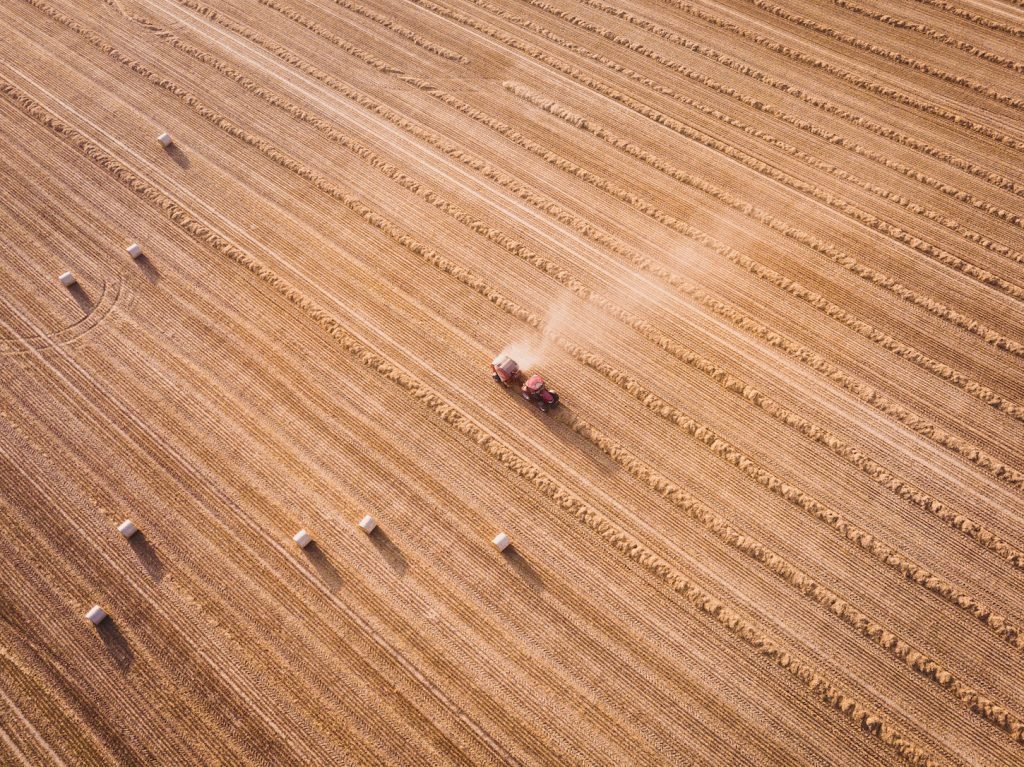The Fate of Food: What We’ll Eat in a Bigger, Hotter, Smarter World
Discover > Product Recs > The Fate of Food: What We’ll Eat in a Bigger, Hotter, Smarter World
In The Fate of Food, Amanda Little explores the future of farm and food production, from hydroponic operations, lab-grown meat, and GMOs, to permaculture and beyond – eyeing each area with a healthy sense of journalistic skepticism and a commitment to exposing the truth of the future of our food. A hopeful book, it evades greenwashing or becoming a product of partisanship. Instead, it allows us, the reader, to consider each of these elements as a part of a holistic solution to finding not one, but many solutions to our current food and soil crises. This, she argues, is the key to determining the outcome of food production in the future.
The Fate of Food is filled with a comprehensive set of interviews, meetings with real people, and well-researched information packaged into an incredibly readable, entertaining, and deeply personal account. Little meets with everyone from policymakers, scientists, seasoned big-AG farmers, and small-scale urban homesteaders, to chefs, environmentalists, climate change deniers, and ecologists to understand what each of them believes to be the way forward. Rather than focusing on defining a singular approach, Little’s ultimate message to take away is that our current situation requires a multi-faceted approach to resolving the daunting challenge we are faced with if we’re going to stand a fighting chance as a species. A refreshing take, rather than proselytizing, Little encourages the search for answers, the diversity of approaches to become the way forward – hinting that, as in nature, so we should look to mimic the forest or the field – an area rich in biodiversity, supporting each other, in order to harmonize and find balance in our current food system.
With chapter titles like Seeds of Drought, Robocrop and Tipping the Scales, you get a sense that this is a multi-faceted approach to try to begin to understand the complexity of the issues we are faced with. Little handles everyone she interviews with ease, and because of this, each individual – be it Big AG corporates, salt-of-the-earth farmers, scientists or developers – offer Little frank, honest conversations, opinions, and arguments, met with a non-judgemental, yet still observant and helpfully critical eye from Little.
The Fate of Food does not try to demonize monoculture farmers, nor quash veganism; it tries to reflect astutely on each position, each experience of life and intention to do something with admiration and care. All the while maintaining a dedication to objectivism and avoiding any sense of superficiality. It is a testament to Little’s journalistic spirit – seeking the truth but not becoming blinded by a doggedness that lays to the side the heart of the issue: that it will take all of us, in each small way, in each differing way, to be open to change and adjustments, because if we want to survive as a species, one thing is clear: we need to adapt the way we grow, process, and eat food in a more crowded, warmer planet.
The Fate of Food is available to purchase in most major retailers.






